In the southern reach of Bhutan, amidst the vibrant lust forest and tranquil valleys of Dagana District, the locals of Bara Gumti village have embraced ecotourism as one of the alternate sources of income. It is not only an ecotourism destination but a home to Critically endangered ‘White Bellied Heron’. This village offers a unique gateway to southern Bhutan’s rich biodiversity and vibrant culture with unique experiences like camp life, tree top observation tower, jungle trail, and of course the majestic sereneness of Ox-bow River.
From the checklist, first the Gumti Camp (Gumti Ecotourism) is a beacon of hope for a group of dynamic youth, who have ventured into the journey of Ecotourism centered around endangered species fosters awareness and conservation.Stay tuned as RSPN unfolds the journey in the southern foothills, where ecotourism meets community empowerment for shaping a sustainable future.
This project is funded by the Federal Ministry for the Environment, Nature Conservation, Nuclear Safety and Consumer Protection (BMUV), Germany through International Climate Initiative (IKI) with co-funding from MAVA Foundation, Switzerland and the Royal Society for Protection of Nature (RSPN).


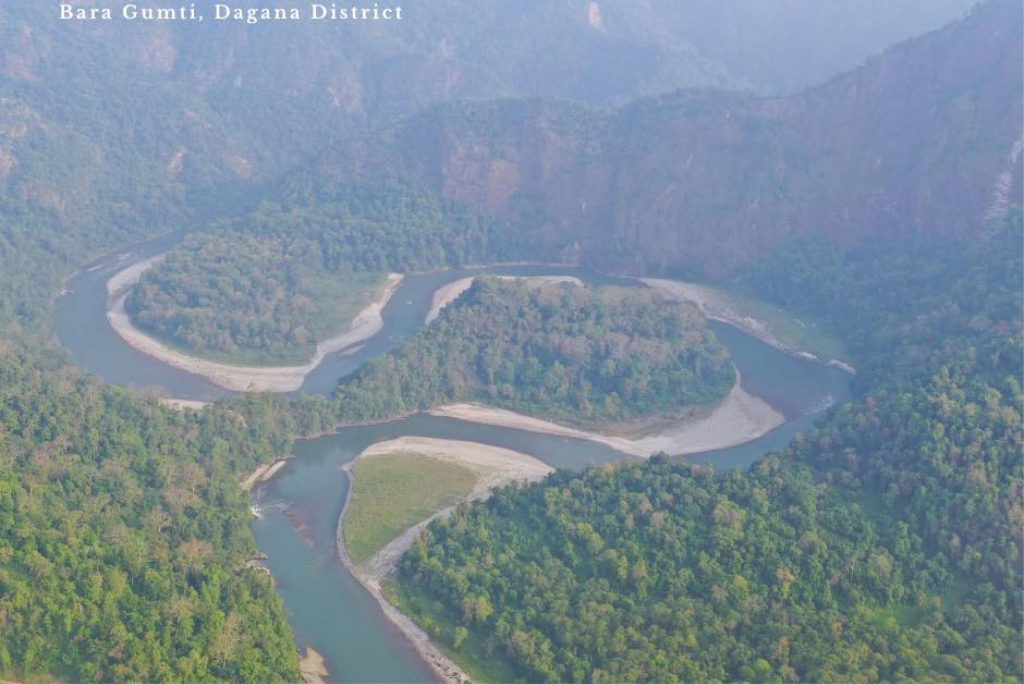
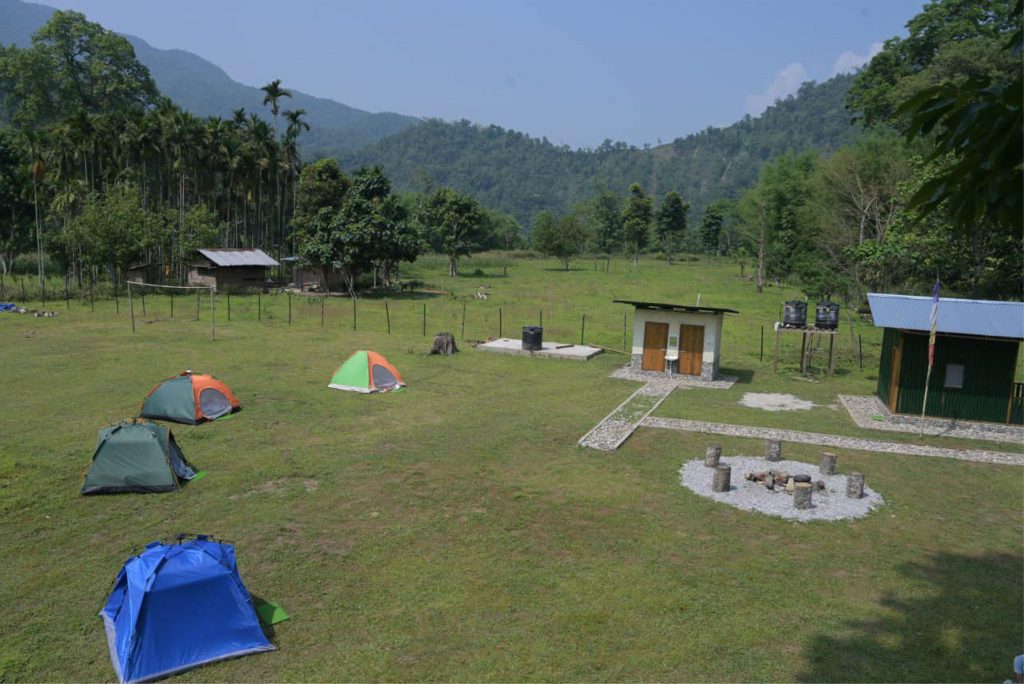
Aum Pema from Merak is reached her hometown in far eastern Bhutan today from the long tedious bus journey she has taken from Haa. For eight long days, Aum Pema along with the 56 other individuals from different communities under eight districts of Bhutan were there in Haa to learn diverse aspects of tourism. It was a heavy heart for her to bid farewell to her close acquaintance she has known during the training, but she is much in haste to be back at her community and put into action of what she has learnt during the training.
RSPN in collaboration with the Department of Tourism, Bhutan conducted the training for these local communities to enhance their skills in handling the guests. In particular, training was mainly focused on managing the Homestay and Ecolodge Operations, and skills that are useful to run the Cafeteria and Campsite.
The training was driven by community-based tourism approach intended to create a unique experience for the tourist and focused on having standard practices and sustainable mechanisms. The training provided by the expertise of RSPN and from other relevant organizations helped participants who were mostly attended by females to acquire skills and knowledge on diverse components of tourism. The tailored made training modules on the following areas were specifically designed and conducted:
Homestay Management: Focused on the skills to provide authentic cultural experiences and unique built-in Bhutanese hospitality skills.
Ecolodge Operations: Emphasized on eco-friendly practices in managing lodges that respect and preserve our natural environment.
Cafeteria Management: Built the skills and knowledge from menu planning to customer service, The highlight of the training was emphasizing the showcase of local cuisines.
Campsite Management: Ensured to create memorable outdoor experiences, site maintenance, beautification, guest services, and the safety protocols for campgrounds.
The training is funded by #UNDP #GEF Ecotourism Project “Mainstreaming biodiversity conservation into tourism sector in Bhutan” implemented by the Department of Tourism, Ministry of Industry, Commerce and Employment.
This training program is a part of IKI Project “Developing Ecosystem-based Solutions for Managing Biodiversity landscapes in Bhutan” funded by the Federal Ministry for the Environment, Nature Conservation, Nuclear Safety and Consumer Protection (BMUV), Germany through International Climate Initiative (IKI) with co-funding from MAVA Foundation, Switzerland and the Royal Society for Protection of Nature (RSPN).
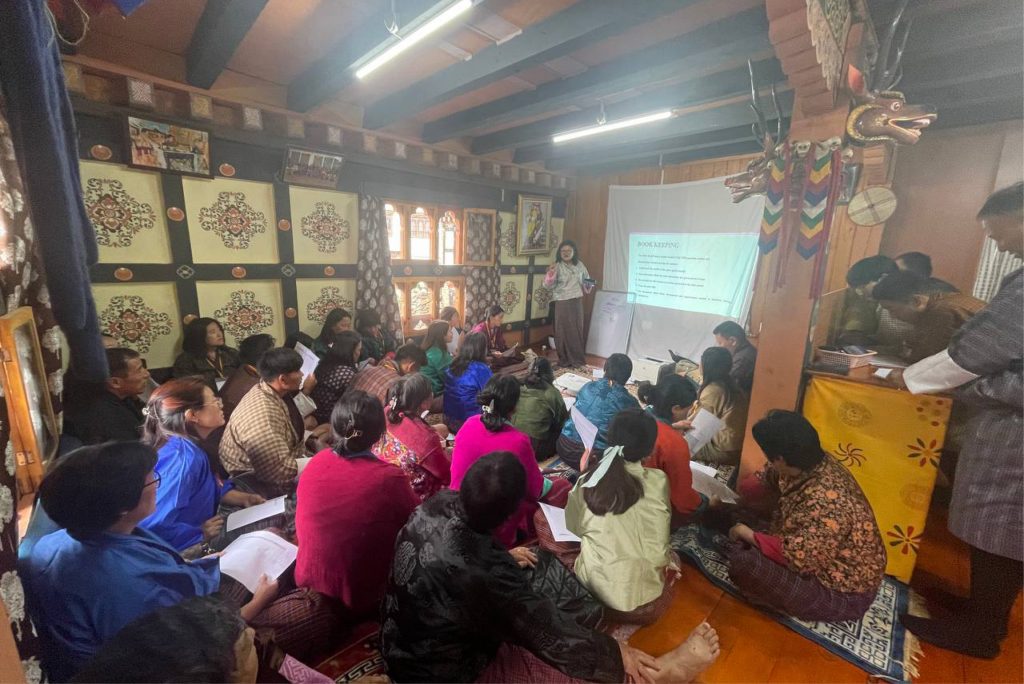
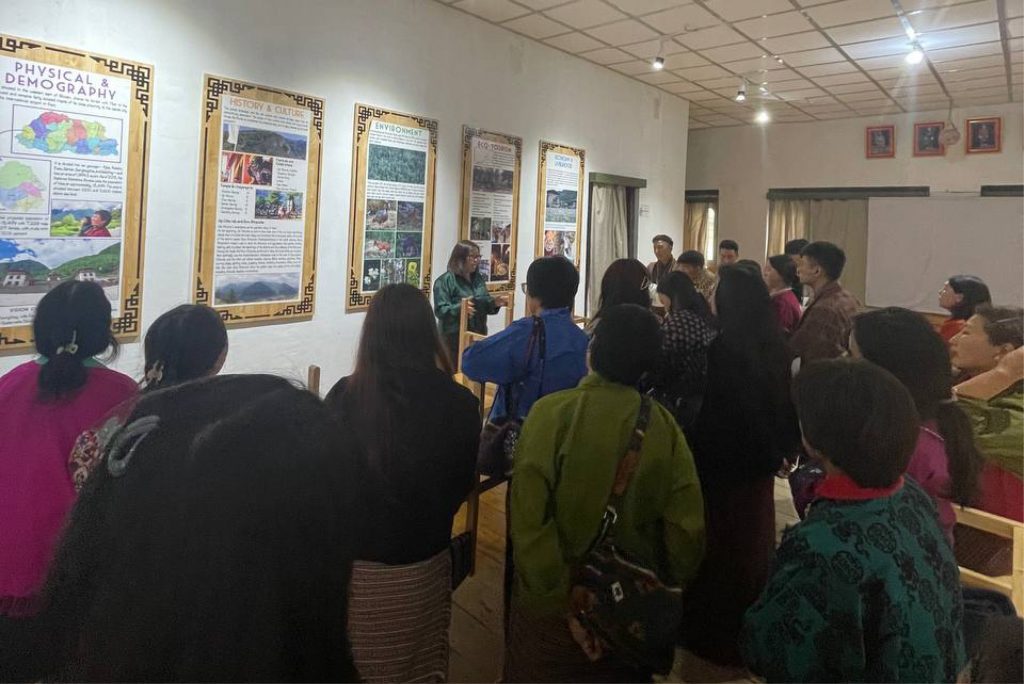
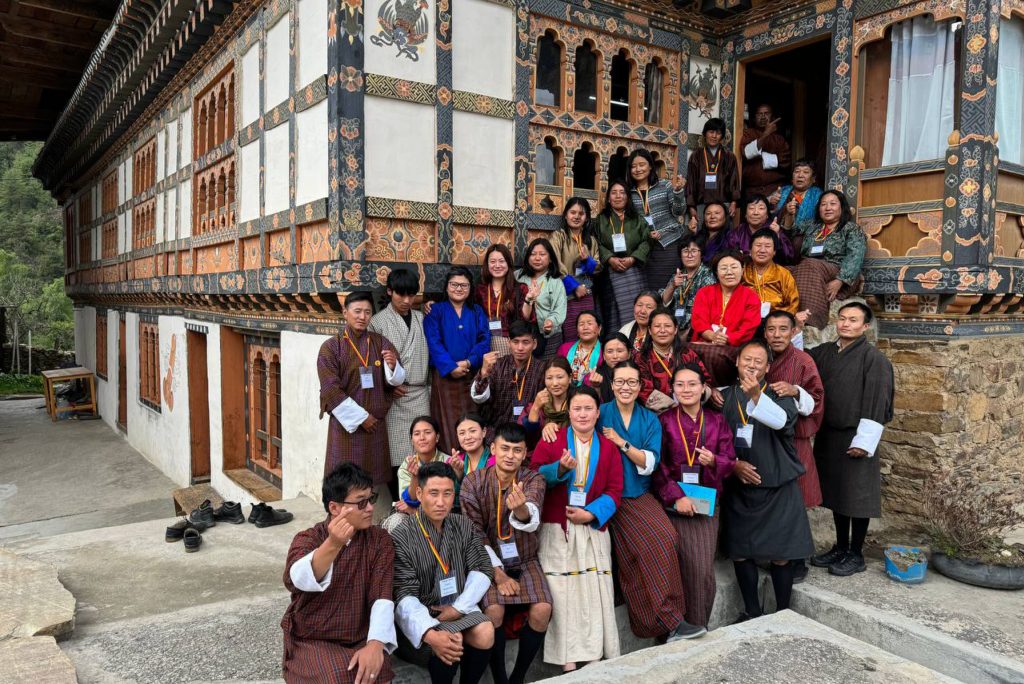
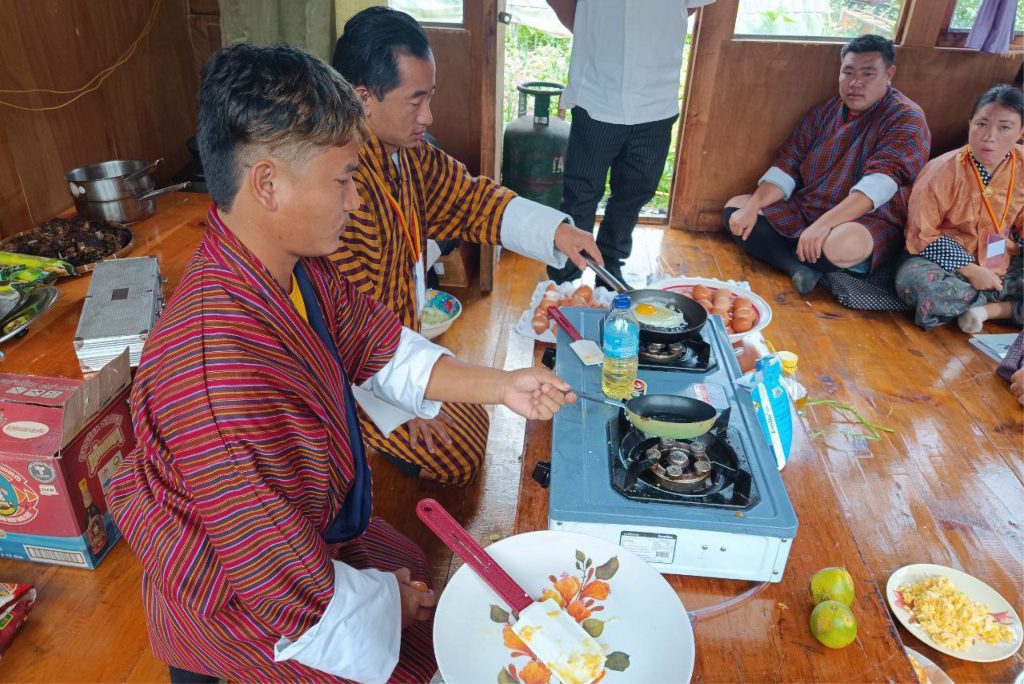
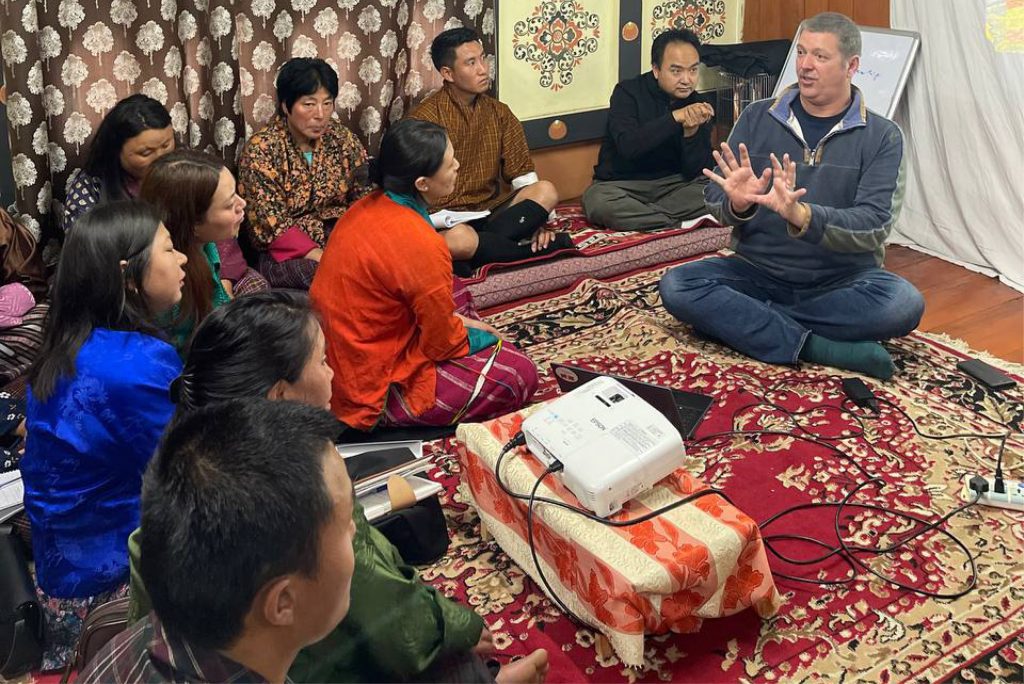
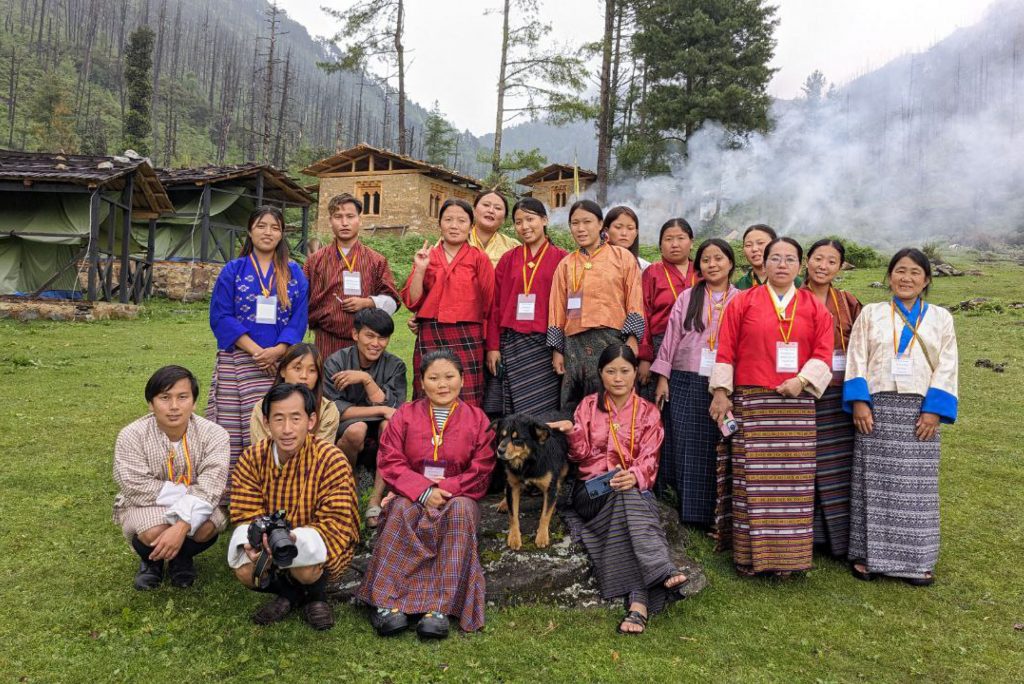
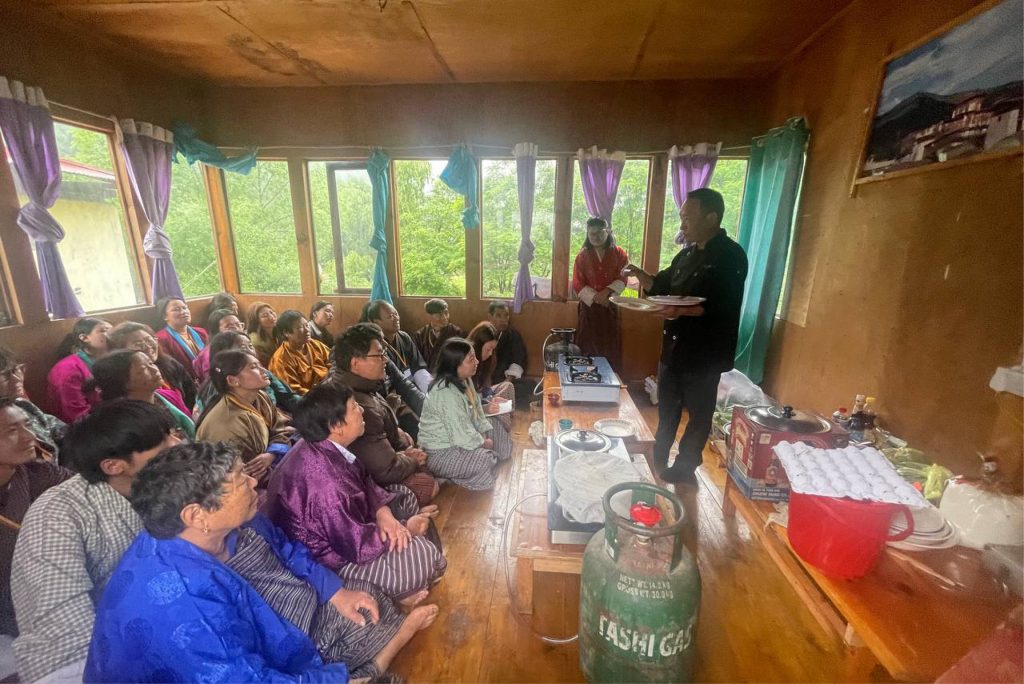
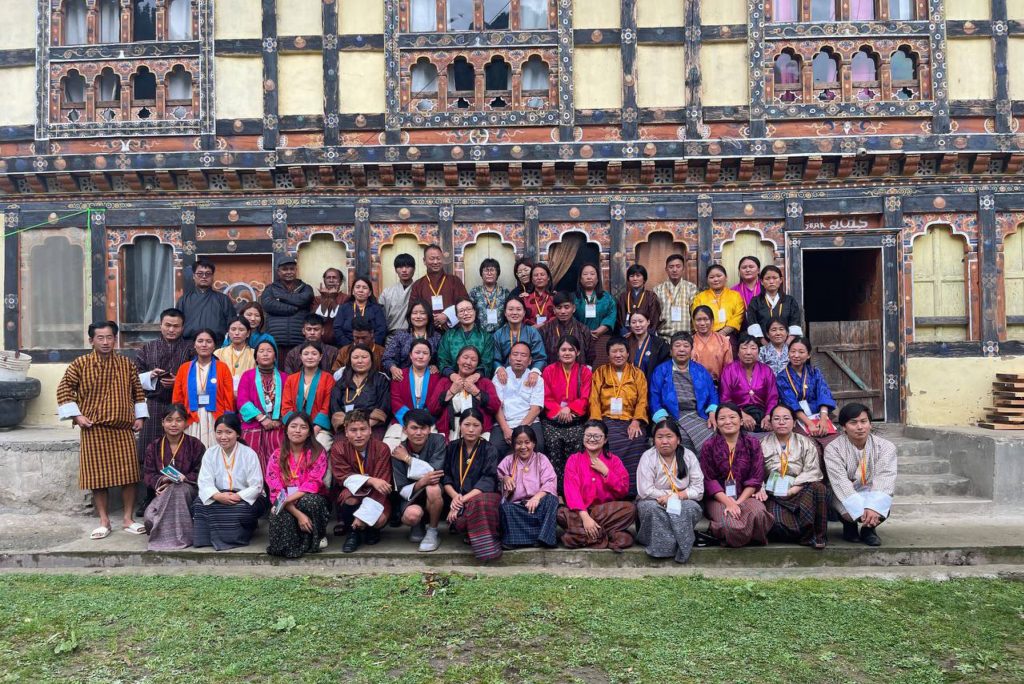
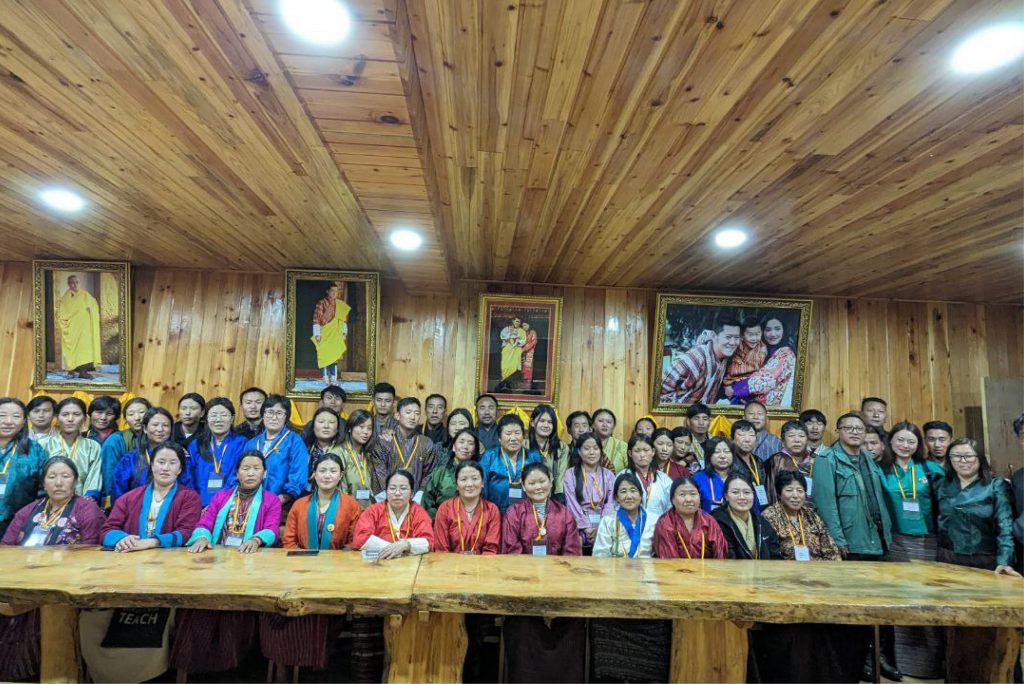
In the serene river valley of Mangdechhu in Zhemgang, lies Berti village, a small yet vibrant community deeply associated with the conservation of the White-bellied Heron (WBH). Over the years, Berti has evolved from initial apprehension to embracing the WBH as a symbol of community development and environmental stewardship.
In the early 2000s, the formidable call of the WBH startled the residents of Berti, but they soon recognized it as a harbinger of progress for their village. Recognizing the importance of conserving this majestic bird, the community joined hands with the Royal Society for Protection of Nature (RSPN) in their conservation efforts. Through RSPN’s support, Berti received invaluable assistance ranging from agricultural initiatives to infrastructure development, fostering a sustainable ecosystem while promoting community welfare. Communities were provided with seedlings of vegetables and other crops, piggery and fishery farming, high-value tree sapling plantation, infrastructure development for Ecolodge, and various capacity-building trainings.
At the forefront of Berti’s conservation journey is Ap Dorji, an esteemed member of the community. From his early involvement with RSPN as a Local Conservation Support Group member to nurturing the next generation’s involvement in conservation, his dedication has left an indelible mark on Berti’s landscape. Now, it is not so favouring with his age to continuously monitor the heron. But he feels satisfied, being able to let his daughter pursue a career in terms of operating the White-bellied Heron Ecolodge in the community. Today, he came carrying some fruits from his home to see off his daughter who will be leaving Haa for a week to attend capacity-building training on operating an ecolodge. The training will be provided by RSPN.
𝗕𝗲𝗿𝘁𝗶𝗰𝗵𝗵𝘂
Despite Berti’s efforts, challenges persist, exemplified by the declining WBH population along the Bertichhu river. The tributary river, Bertichhu that flows through Berti village and joins the Mangdechhu river was found to be one of the suitable habitats of WBH. Until 2015, there were two nests sighted along the Bertichhu and they have counted highest of 10 individuals. Sadly, there was a drastic declining of WBH in the area and it is only occasional to sight one or two individuals in the area now. Even the people observed, that the river volume seems to have decreased compared to the past.
𝗪𝗵𝗶𝘁𝗲-𝗯𝗲𝗹𝗹𝗶𝗲𝗱 𝗛𝗲𝗿𝗼𝗻 𝗘𝗰𝗼𝗹𝗼𝗱𝗴𝗲
Run by the community, the Ecolodge intends to create a sustainable model for conservation and serve as a platform to promote environmental awareness and generate income for the local community while safeguarding the future of the WBH. There are eight members, with seven of them are women who are currently running the lodge. They contribute 2% of their income to community and 35% into saving. The infrastructure support to build the ecolodge was supported by various agencies.
𝗕𝗼𝗻 𝗖𝘂𝗹𝘁𝘂𝗿𝗲
According to one of the researchers of the Royal University of Bhutan, the tradition of Bon offering in Berti village is called Berti Karchoed. This offering is an altered version of the earlier practice known as Nakchoed (black offering), which means offering of blood and meat. The present Karchoed (white offering) does not require animal sacrifice. Though RSPN supported the village in providing piggery and fishery farming, in 2015, the village opted to undergo white offering practice which led to abandoned the farming supported. Following years, RSPN ensured they are supported with other alternatives through Agrobiodiversity farming and ecotourism.In Berti, the White-bellied Heron is not merely a bird; it is a symbol of resilience, unity, and hope.
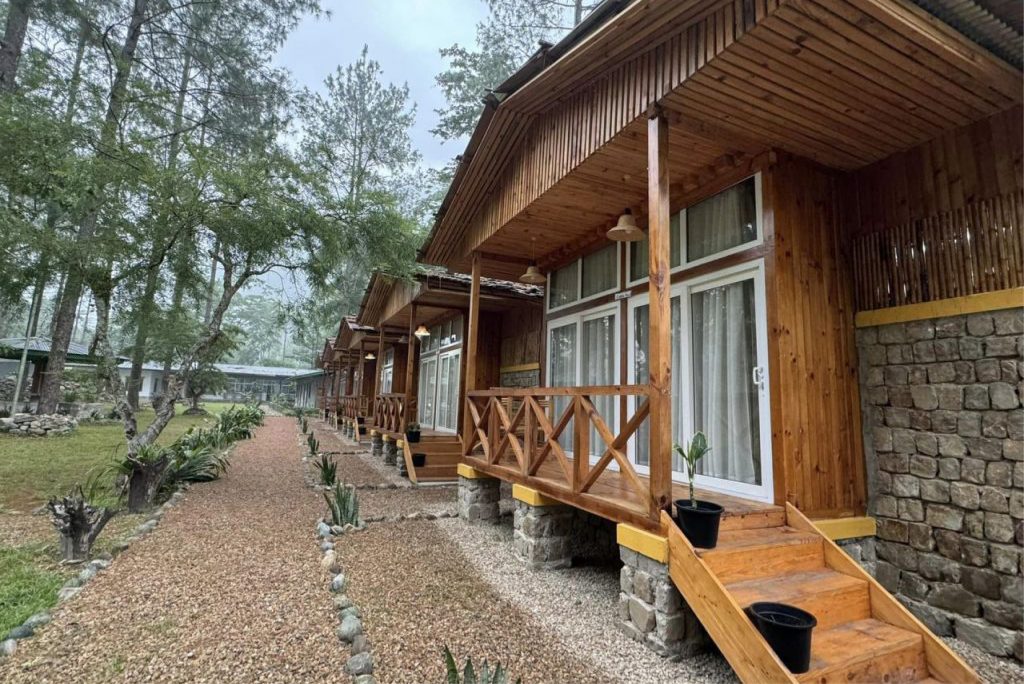
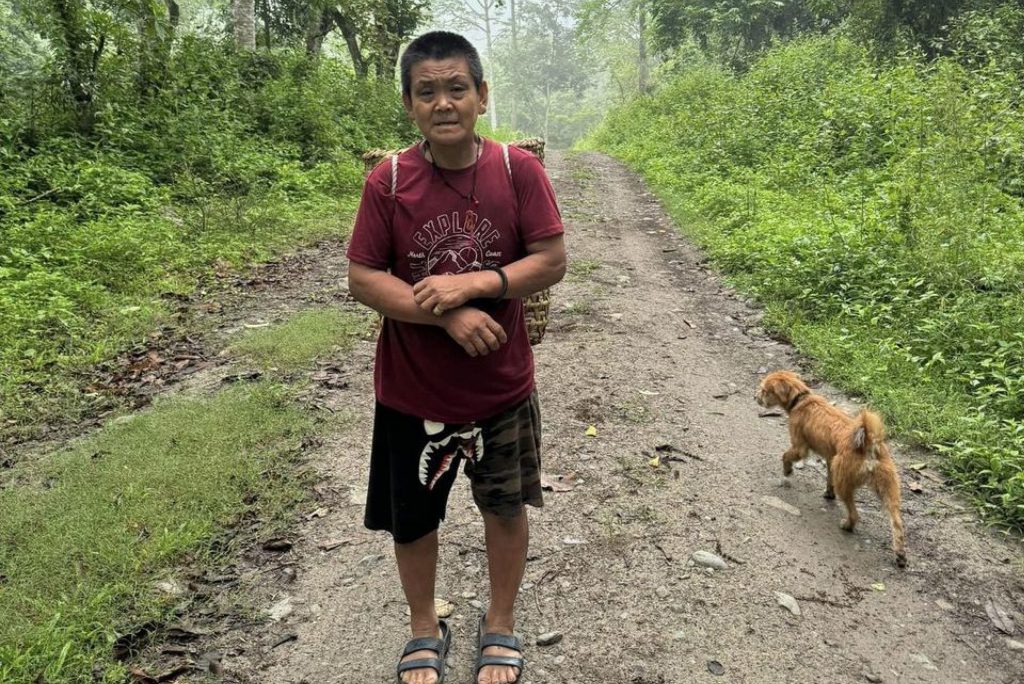
The seven-day ‘Peer Learning Trip to Haa’ to explore Community-based tourism initiatives was held from 25th April to 1st May, 2024. This immersive experience aimed to understand the dynamics of sustainable tourism, cultural preservation, and community engagement.
The trip encompassed various activities ranging from experiencing the village homestay, experiences to Haa Panorama hike guided by local guide, visits to religious sites guided by Homestay Chairman (Homestay Association of Haa), interaction with Karsho eco-campsites members and property visit, and also visit to various heritage lodges and their hot stone bath facilities. In addition, the team visited to National Research Centre For Riverine and Lake Fisheries (NRCRLF), Haa Visitor Information Center, and Jigme Kesar Strict Nature Reserve (JKSNR).
This learning trip brought together newly certified homestay owner from the project landscape to experience Community-based Toursim in Haa which was initiated by RSPN (Year 2016-2018). The participants observed how local communities are empowered to manage and benefit from tourism activities. In addition, the participants gained a valuable insight into the principles of responsible tourism, the preservation of cultural heritage, the promotion of environmental conservation, and collaboration with relevant agencies within their landscape. This immersive peer learning journey not only fostered the collaboration and knowledge exchange among them but also inspired a deeper understanding and appreciation for the transformative potential of community-based tourism initiatives and also to setup a local institution at their place.
RSPN Bhutan with co-financial support from the Department of Tourism, Bhutan through #GEF Ecotourism Project successfully coordinated the trip.





We are thrilled to share that out of the 62 supported houses aiming to become Village Homestays, 12 have now earned certification from the Department of Tourism, Bhutan. Now, they are ready to extend warm hospitality to guests from both near and far to experience the enriching cultural journey. A homestay is the ideal option for visitors looking for a genuine and immersive experience.
In Bhutan, #Villagehomestays offer a captivating peek into the rural life, inviting guests to fully engage into local customs and culture of this enchanted Himalayan Nation, while also playing a pivotal role in contributing towards socio-economic growth and preserving lush environment.
𝐖𝐡𝐲 𝐂𝐨𝐦𝐦𝐮𝐧𝐢𝐭𝐲-𝐛𝐚𝐬𝐞𝐝 𝐓𝐨𝐮𝐫𝐢𝐬𝐦 (𝐂𝐁𝐓)?
Through CBT initiatives, RSPN Bhutan is dedicated to fostering awareness and promote positive attitudes, and sustainable actions in conserving Bhutan’s rich environmental heritage. RSPN strives to empower local communities and build a sense of ownership in sustainably managing their environment through their engagement in planning, decision-making and project implementation.
If you happen to visit the following places, don’t miss the opportunity to experience authentic taste of rural Bhutan.
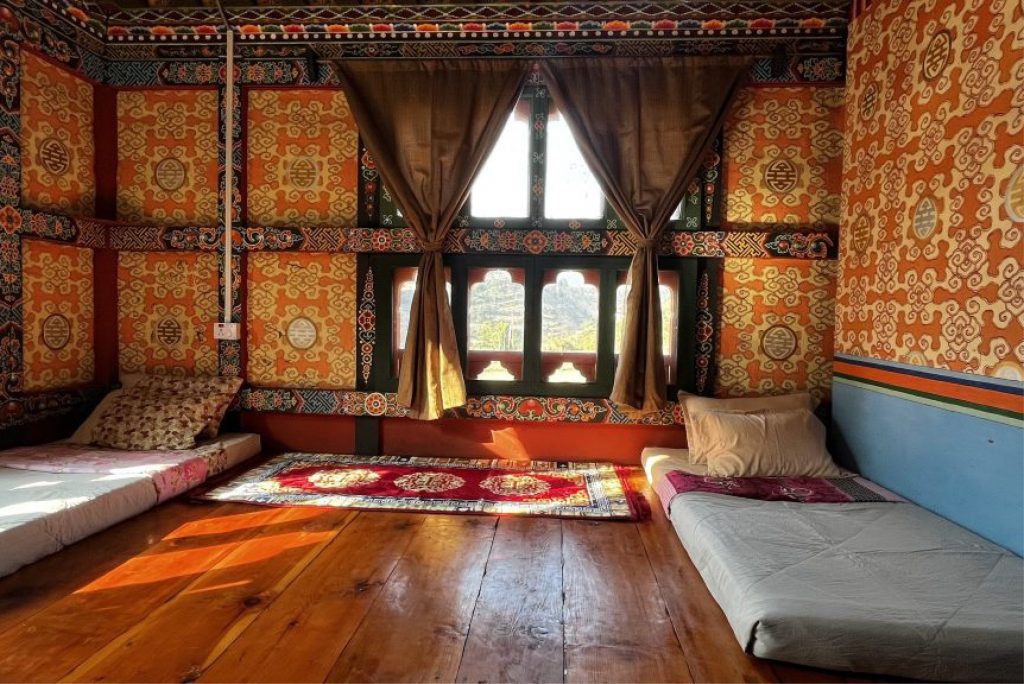
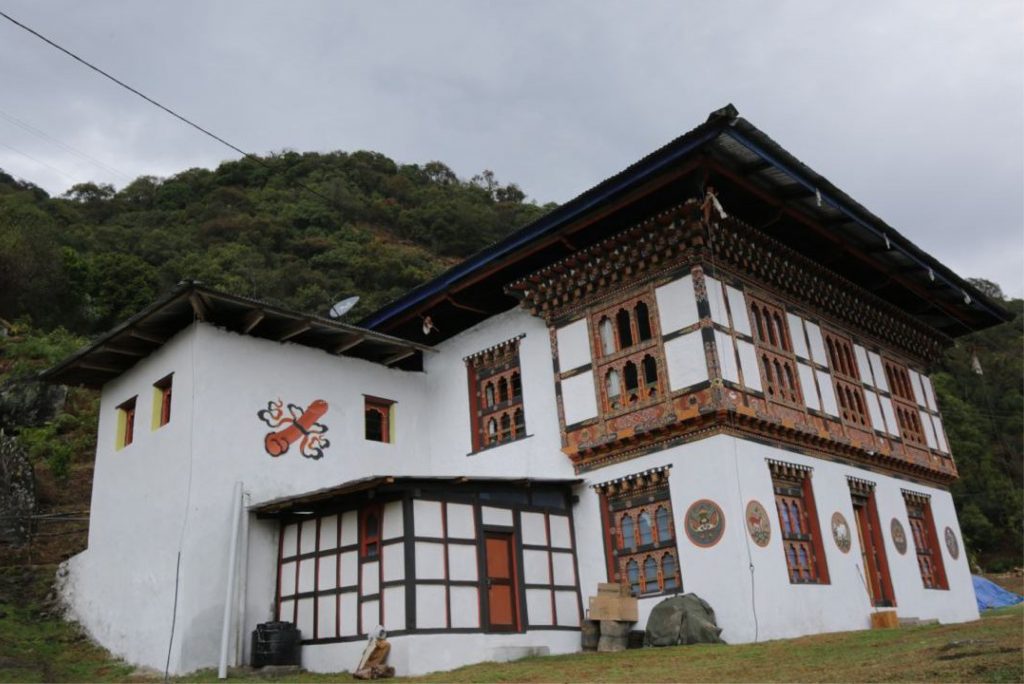
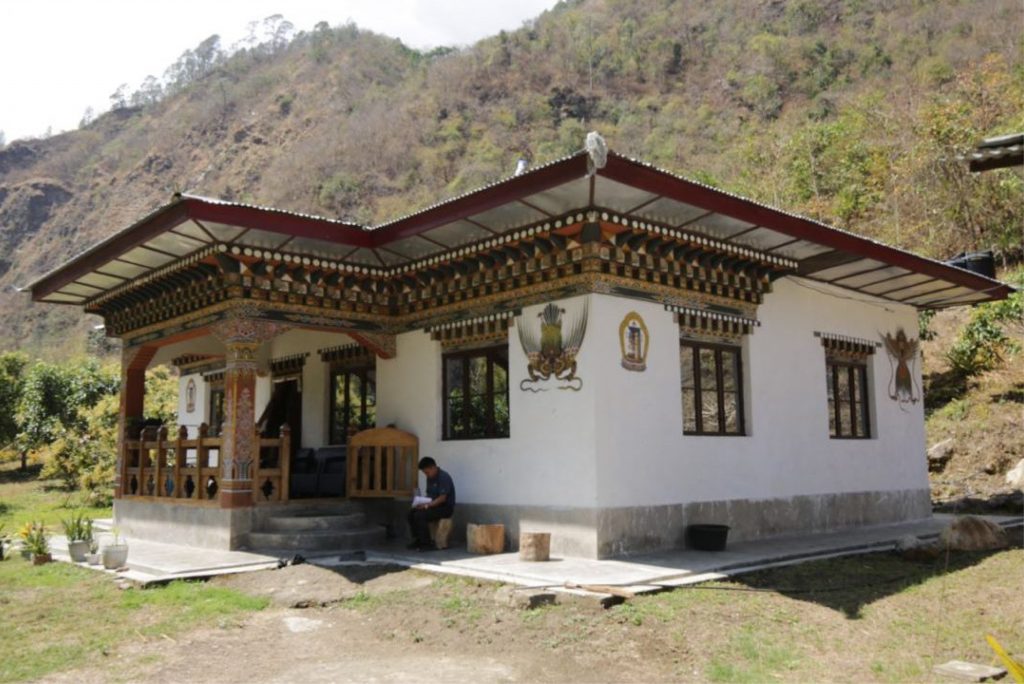

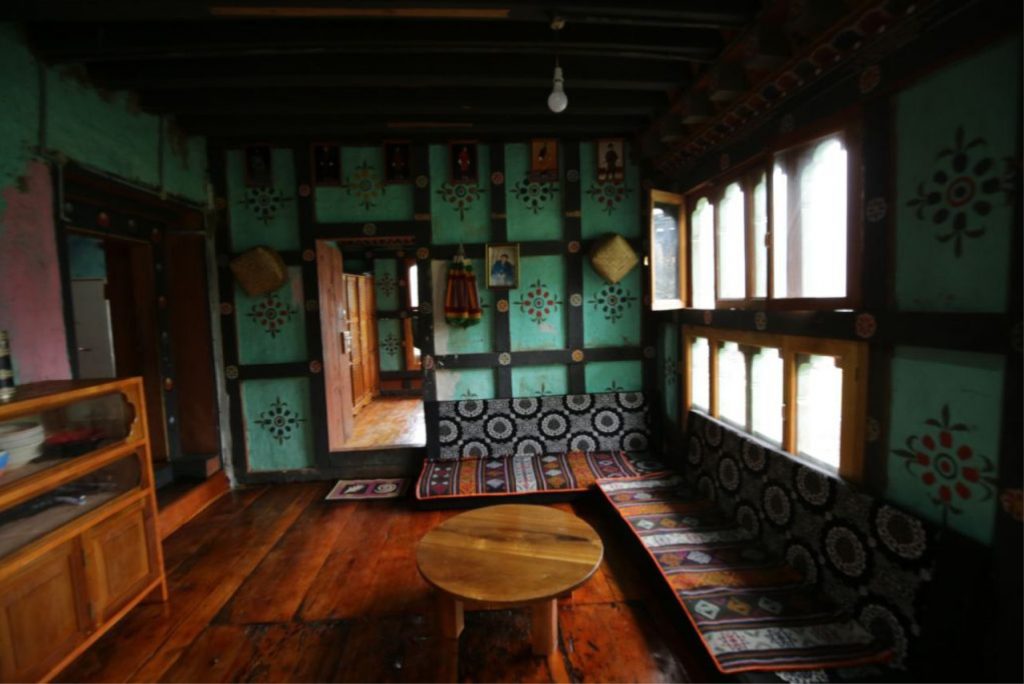
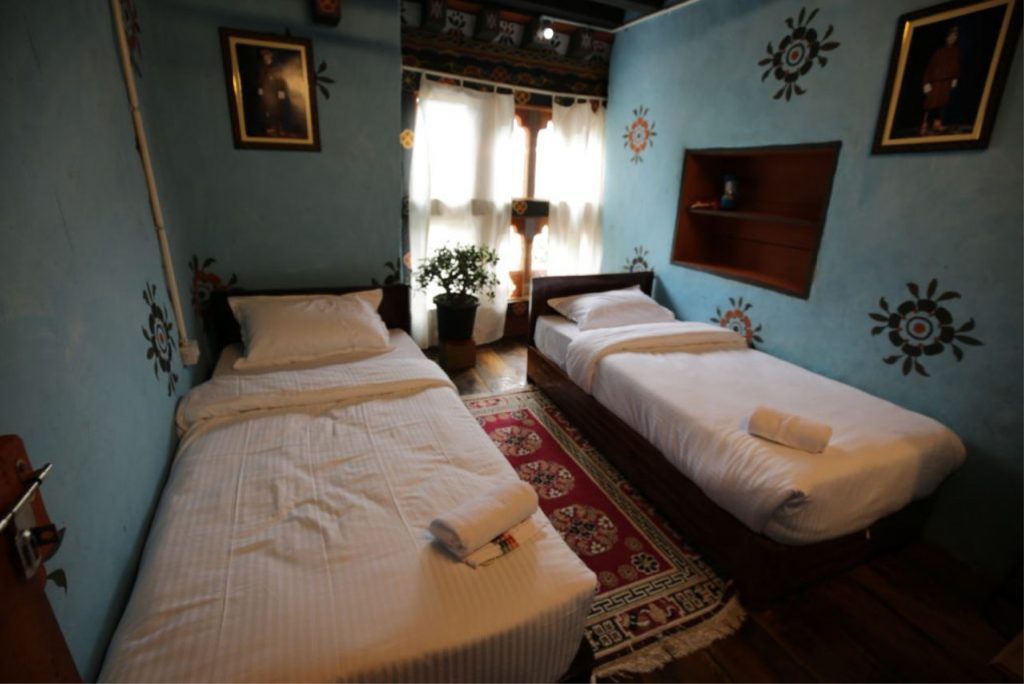
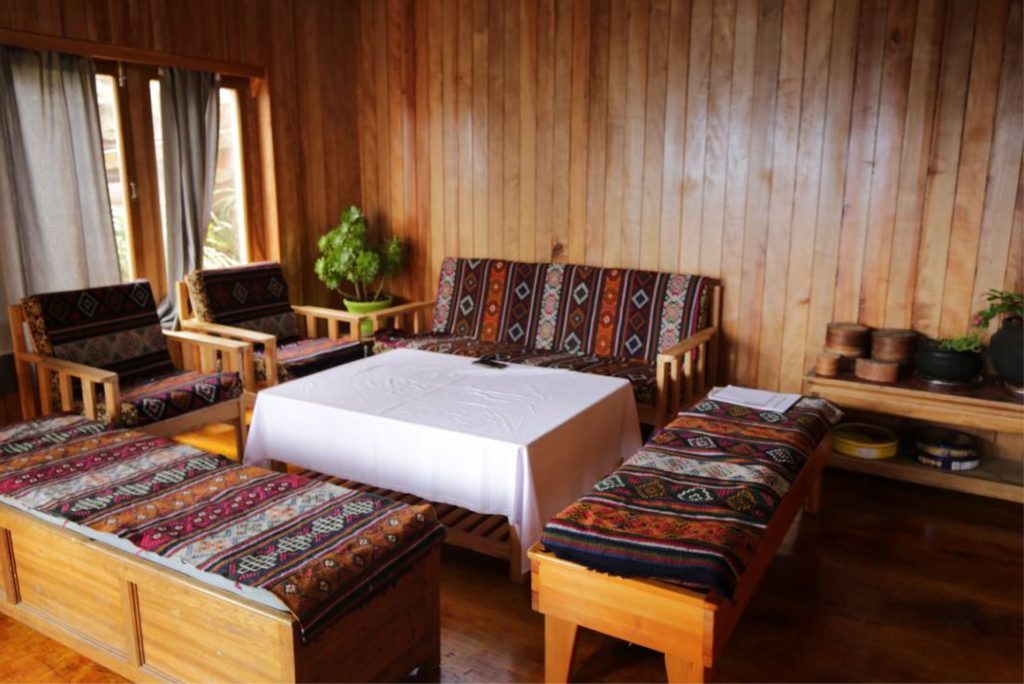
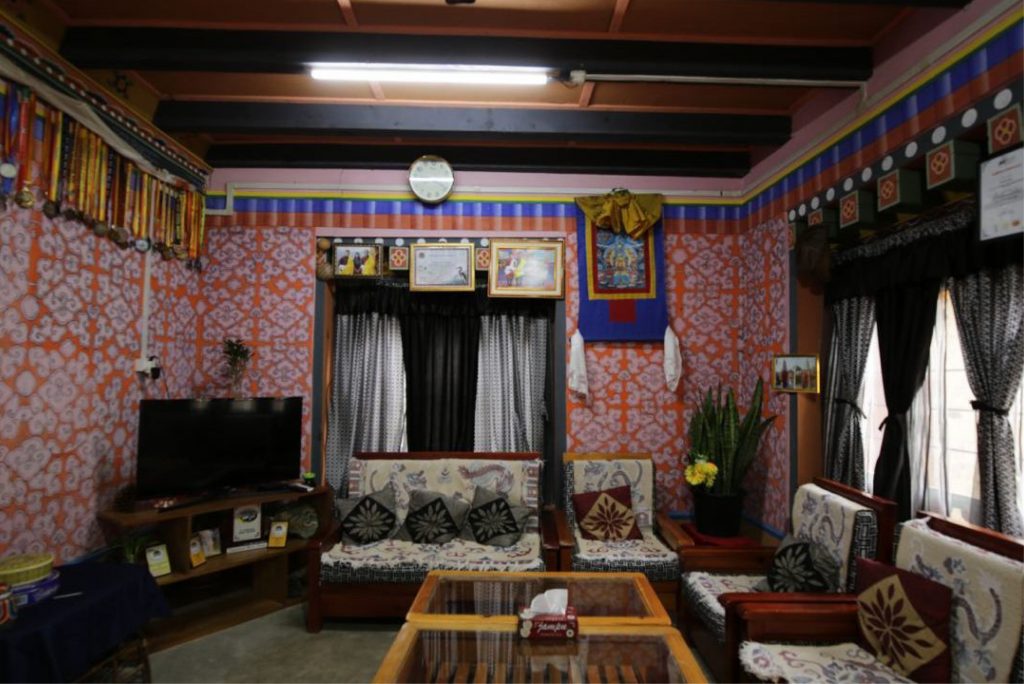
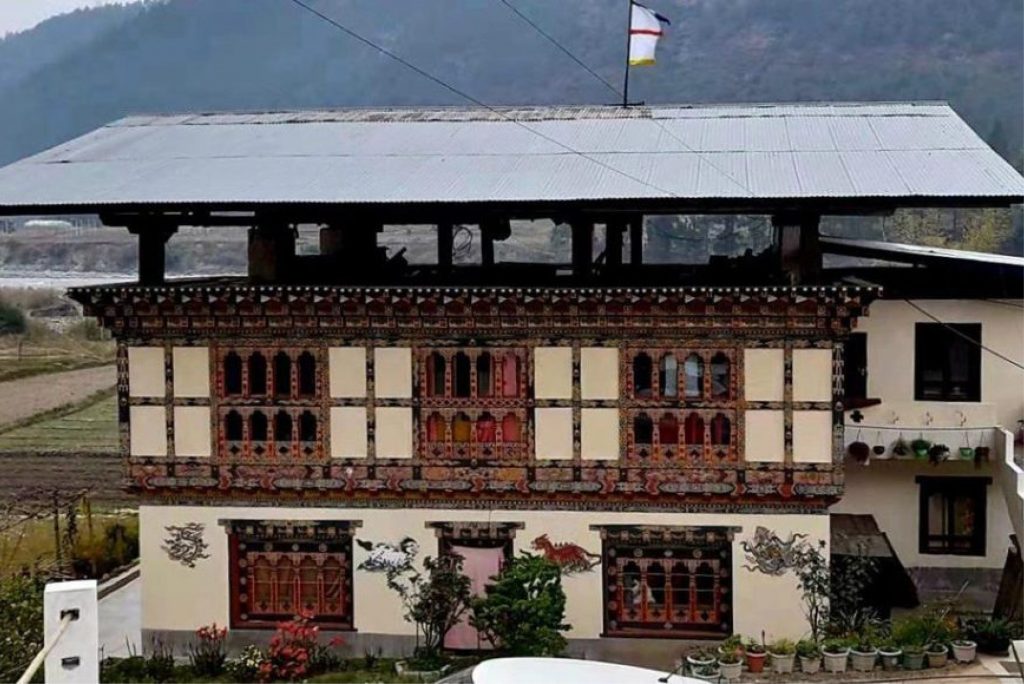
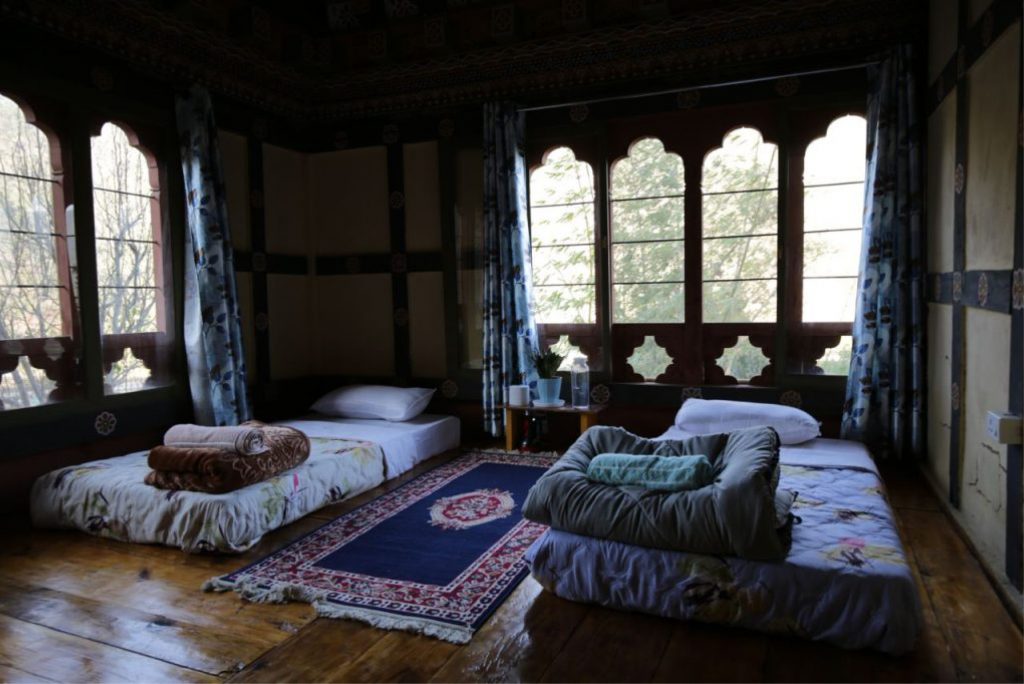
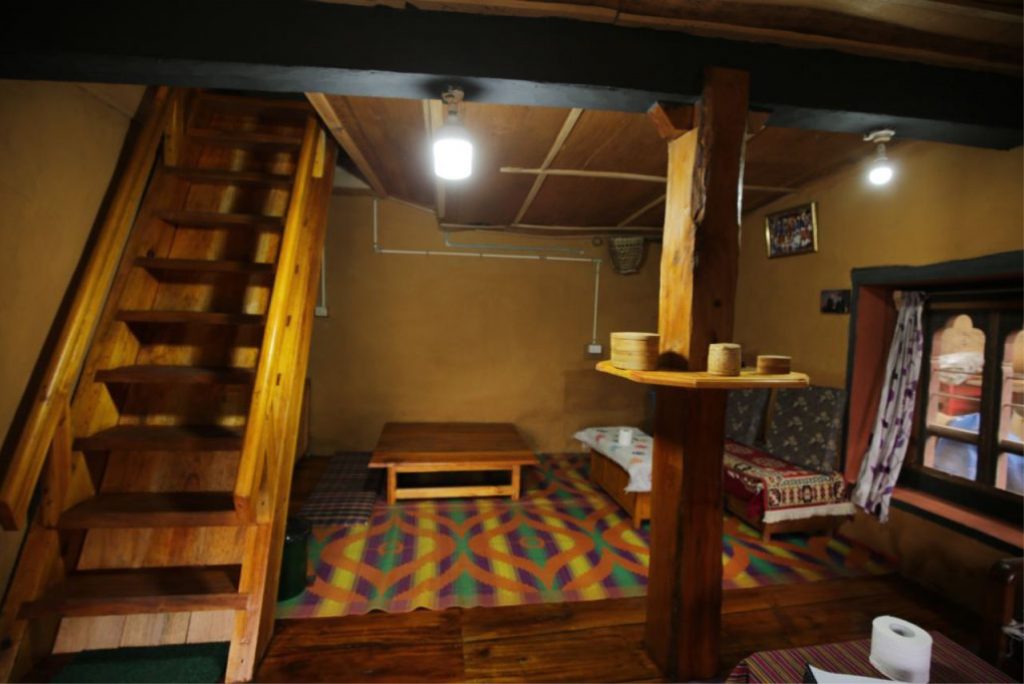

Ready for the perfect holiday getaways? Look no further! Gumti Ecotourism in Dagana District is now open to offer you unforgettable experiences.
Embark on a three km nature trail that leads you deep into the heart of nature, where you will discover breathtaking views of the Sunkosh river and seize the rare opportunity to see the Critically endangered White-bellied Heron from our tree-top observation tower. Our campsite is equipped with all the essentials for a comfortable stay, including toilets, bathrooms, and a kitchen attached with dining area. Plus, don’t miss out on our perfect picnic spot for a cherished outing with family and friends!
This Gumti Ecotourism is managed by a team of talented young individuals, and for reservations, contact us at +97517458891 and follow their Facebook page- Gumti Ecotourism for exciting updates.
We would like to thank Tsendagang Gewog, Dagana Dzongkhag Administration and Dagana Forest Division for their continued support.
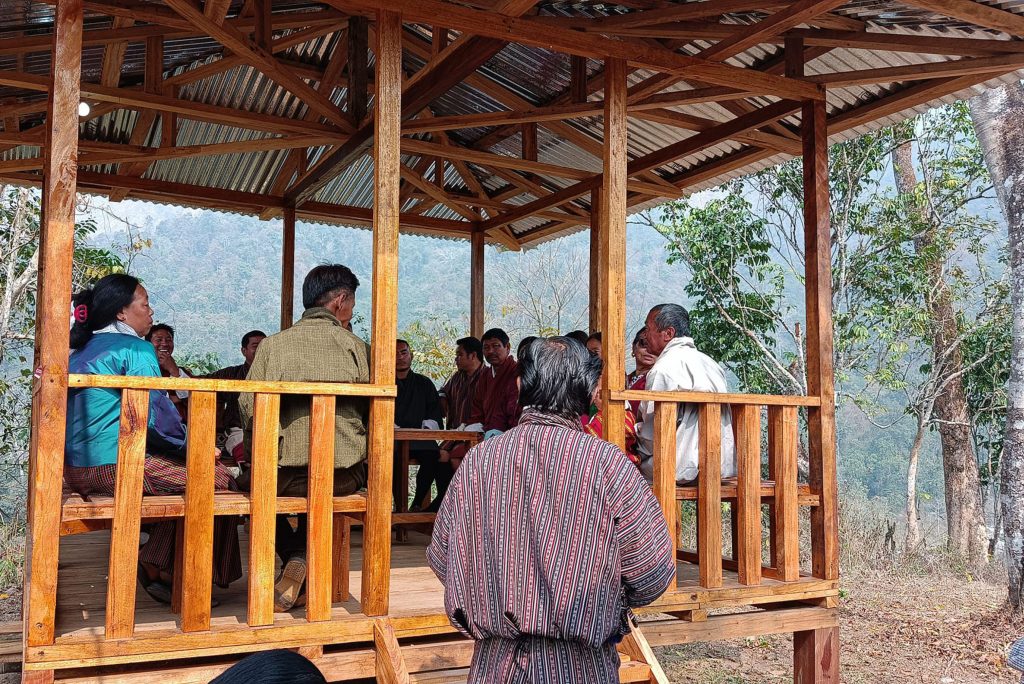
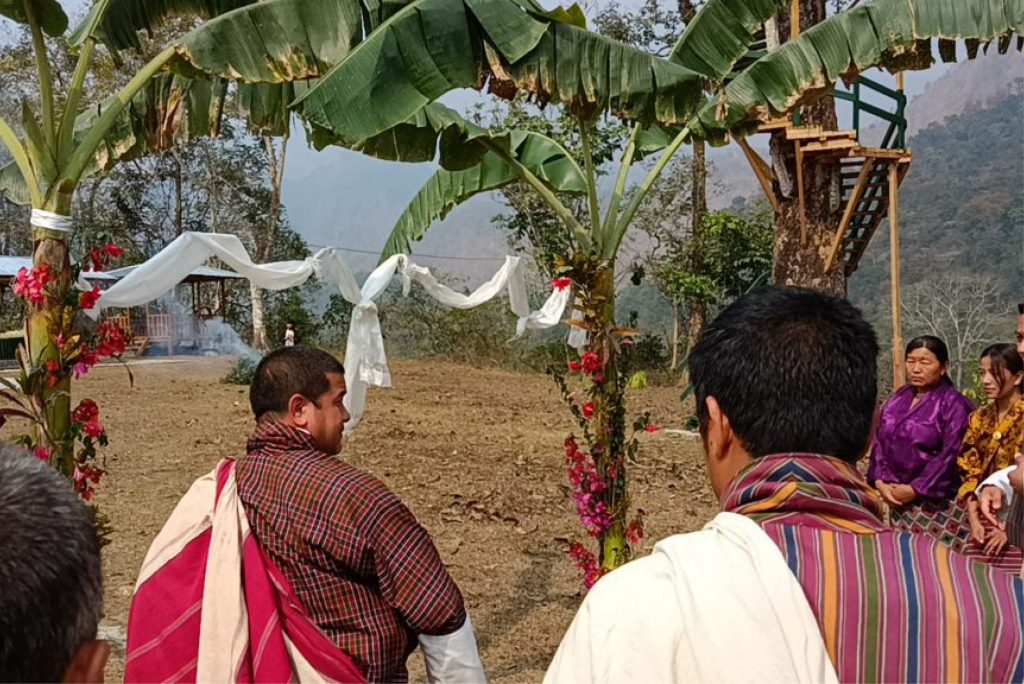
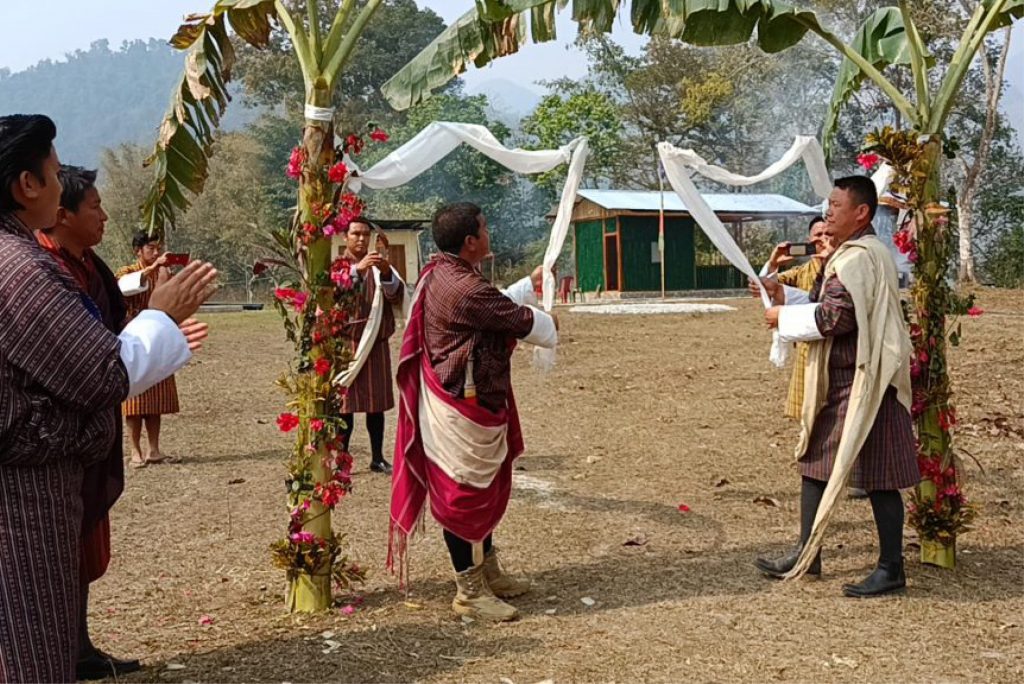
Commemorating the joyous Birth Anniversary of our beloved Gyalsey Jigme Namgyel Wangchuck, #tourism facilities including a campsite, nature trail, hot stone bathing facilities, and village homestays were inaugurated at Sunkosh Village in Rangthangling Gewog, Tsirang Dzongkhag.
Through a collaborative partnership between Divisional Forest Office, Rangthaling Gewog Administration, and Tsirang Dzongkhag Administration, a 1.5 km nature trail and an eco-campsite were developed with funding support from RSPN Bhutan under the ongoing BMUV-IKI project. Additionally, a hot stone bathing facilities were established by the Divisional Forest Office, Tsirang in Sunkosh Village with the support from the Asian Forest Cooperation Organization (AFoCO) project.
These collaborative efforts aim to promote sustainable tourism, enhance community well-being, contribute to the economic development of the region, and promote Sunkosh as a tourism destination. The management of these amenities has been entrusted to the Devithan Community Forest Management Group (CFMG) with the objective of improving livelihoods and increasing income generation for the Sunkosh communities. Beyond providing financial opportunities, the initiative seeks to instill a sense of accountability and ownership among community members.
This project is funded by the Federal Ministry for the Environment, Nature Conservation, Nuclear Safety and Consumer Protection (BMUV), Germany through International Climate Initiative (IKI) with co-funding from MAVA Foundation, Switzerland and the Royal Society for Protection of Nature (RSPN).






RSPN is happy to receive a team from ICIMOD and Department of Tourism to consult on the development of a roadmap for the collaborative work action on strengthening role of ecotourism in Bhutan. RSPN look forward to collaborating for the conservation of rich biodiversity through sustainable livelihoods towards our common goal.
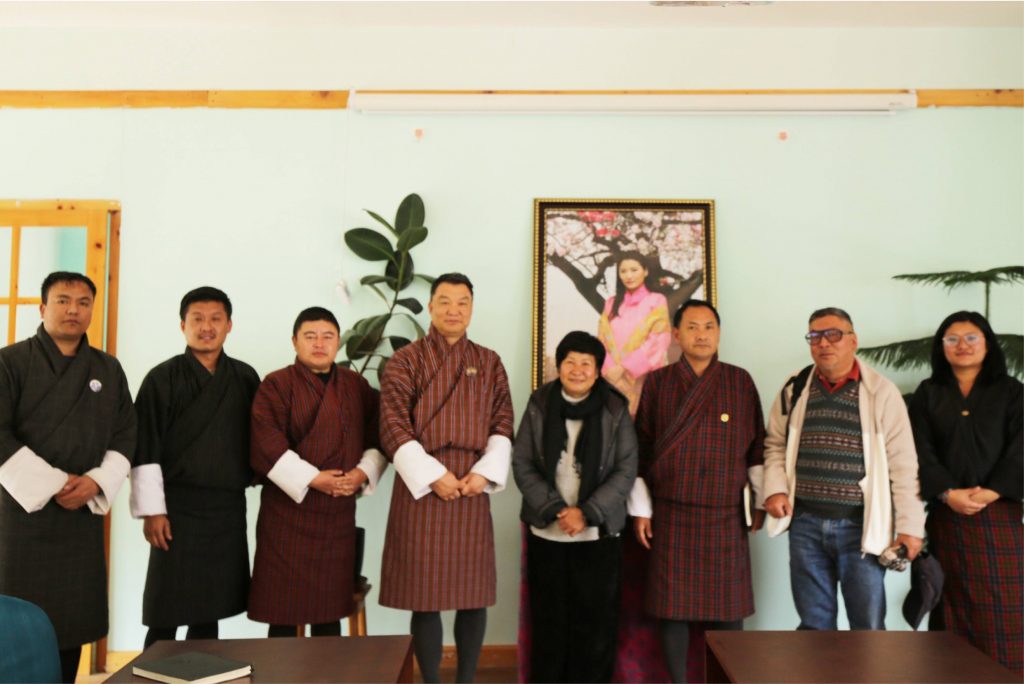

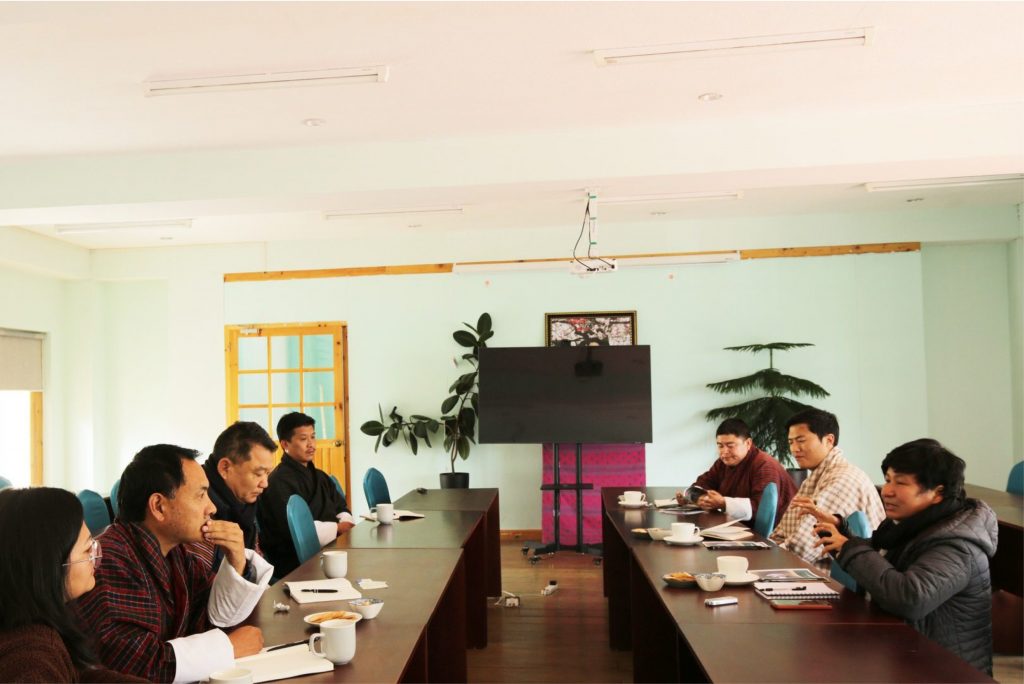
Community-based Tourism plays a significant role in White-bellied Heron (WbH) conservation by raising awareness among visitors. This increased awareness can lead to a greater sense of responsibility for protecting the WbH and their habitats. In essence, homestays can serve as effective platforms to instill conservation values in visitors, foster sustainable practices, and contribute to the overall protection of the environment.
Moving forward, the Homestay Management Training held from 21st-27th August, 2023, in Gangtey-Phobjikha was a resounding success, bringing together the community people with a shared interest in enhancing their hospitality and promoting community-based tourism. The training was aimed to equip them with the skills and knowledge needed to effectively run and manage homestay accommodations – this will help them provide better hospitality services to tourists, maintain high standards of cleanliness and hygiene, handle guest interactions, meal preparation of diverse cuisines, food safety, and address various challenges that may arise. Overall, the training aimed to empower the community to contribute to White-bellied Heron conservation through homestay initiatives and responsible tourism practices.
Participants expressed enthusiasm about the training and its relevance to their roles as potential hosts. Many found the insights into guest psychology, communication techniques, and local attraction promotion particularly enlightening. The hands-on approach and real-life examples provided during the training were well-received.
RSPN with co-financial support from Department of Tourism, Bhutan, a week-long training was attended by 66 community people of WbH landscape areas that include the six Dzongkhags of Dagana, Punakha, Tsirang, Trongsa, Zhemgang, and Wangduephodrang.
It is funded by the Federal Ministry for the Environment, Nature Conservation, Nuclear Safety and Consumer Protection (BMUV), Germany through International Climate Initiative (IKI) with co-funding from MAVA Foundation, Switzerland and the Royal Society for Protection of Nature (RSPN).






To strengthen the collaboration and coordination among various stakeholders in the Tourism Fraternity, a stakeholder consultative was organized by RSPN on August 9th, 2022.
The stakeholders were apprised of the findings from the CBET feasibility study and also discussed the areas of collaboration and resource sharing on CBET programs for the ongoing BMU-IKI projects managed by RSPN, WWF Bhutan and the GEF Ecotourism implemented by the Tourism Council of Bhutan.
CBET is one of the key livelihood programs under the BMU-IKI project that will demonstrate the importance of conservation as a basis for the sustainable social and economic well-being of the communities living in the White-bellied Heron landscape.
The participants comprised relevant government agencies (Ministry of Home and Cultural Affairs, Ministry of Agriculture and Forests, Local Government ), International partners (WWF Bhutan,UNDP Bhutan and Helvetas Bhutan), the Tourism Council of Bhutan, and Civil Society organizations (Tarayana Foundation and Guide Association of Bhutan).
The activity is part of the ongoing project funded by the Federal Ministry for Environment, Nature Conservation and Nuclear Safety (BMU), Germany through the International Climate Initiative (IKI) and co-funded by MAVA Foundation, Switzerland, and RSPN.

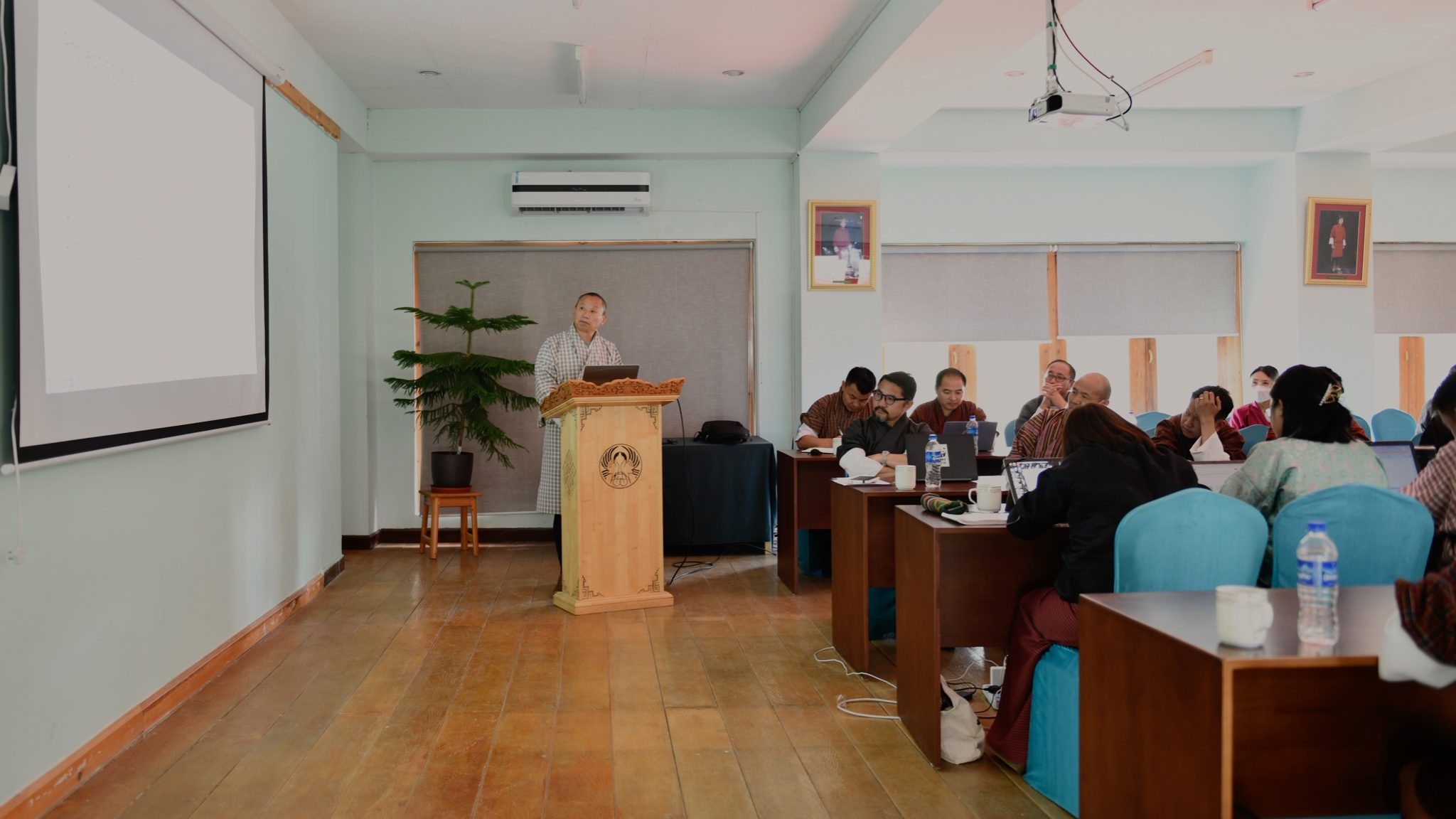




Copyright © 2025 RSPN All Rights Reserved